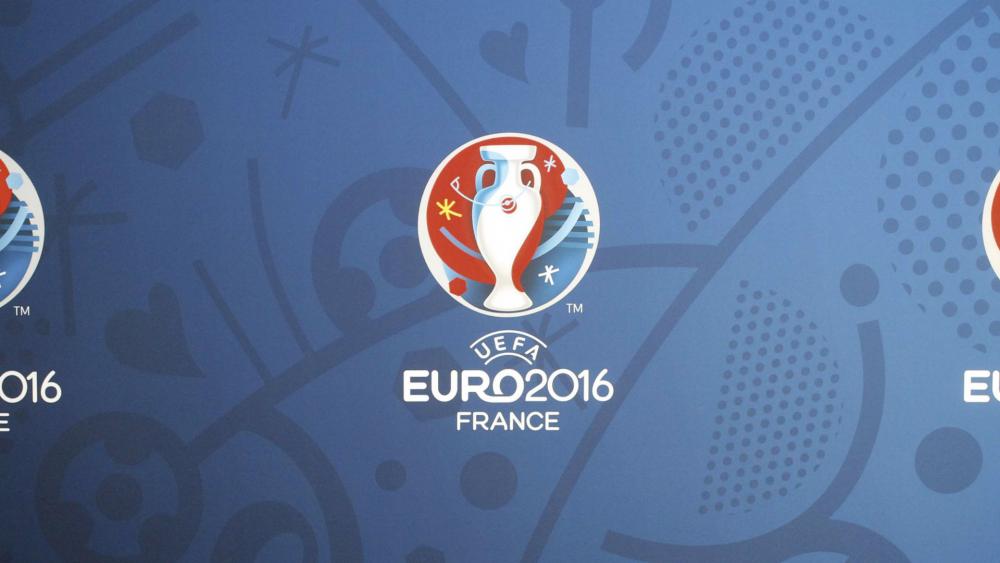UEFA says no plans to play Euro 2016 games behind closed doors
European football's governing body UEFA has dismissed the idea of playing matches behind closed doors at Euro 2016.

UEFA insists there are "no plans to play matches at Euro 2016 behind closed doors" following the terror attack on Brussels on Tuesday, but European football's governing body added it is "working on contingency plans and on multiple scenarios around crisis situations".
The issue of matches being played without supporters in France was raised by UEFA's own executive committee vice-chairman Giancarlo Abete following the atrocities in the Belgian capital which killed 34 people and injured over a hundred more.
The Italian told Radio 24: "Euro 2016 is the kind of event we can't delay or postpone.
"We can't exclude the possibility of playing behind closed doors as we cannot exclude terrorism. If we talked about potentially cancellable games such as a friendly or a competitive match that could be moved to another date, obviously this would not be the case."
UEFA denies closed-doors matches are on the agenda, but confirmed it had retrained its focus on safety and security following recent events.
A statement read: "We are confident that all security measures will be in place for a safe and festive Euro and therefore there are no plans to play matches behind closed doors.
"However, we are nevertheless working on contingency plans and on multiple scenarios around crisis situations since we take the security of all participants [players, fans, etc] very seriously."
Get FourFourTwo Newsletter
The best features, fun and footballing quizzes, straight to your inbox every week.
The Euro 2016 final is scheduled for July 10 at the Stade de France, one of the venues targeted by terrorists in the Paris attacks in November 2015 on the night of France's game against world champions Germany.
Over 130 people were killed in a coordinated attack across the French capital with Germany's game against Netherlands in Hannover cancelled three days later over fears of further terrorist activity.
Those events, plus the situation in Brussels, are what prompted Abete to suggest there could be a shift in policy regarding the European Championship.
He added on Tuesday: "We are talking about events which have already had a negative impact on the Euros because the perception of risk is already there and there is less excitement about getting involved from those who wanted to join in a joyous mood.
"But we are talking about games which are staged for June, whereas today we are going through a very urgent emergency."
